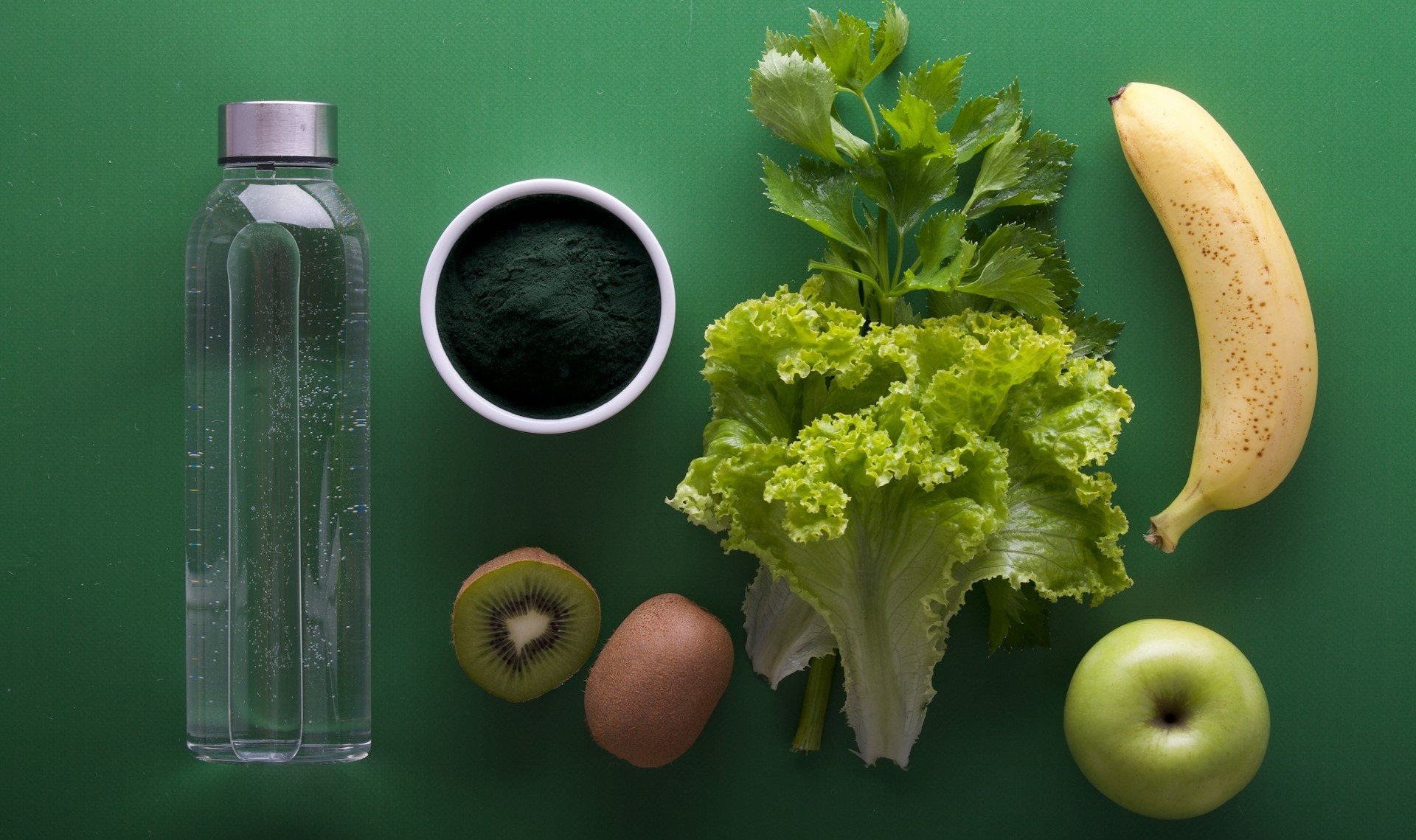
A Recipe for a Healthy Smile: How Nutrition Impacts Your Teeth
Eat, Drink, and Protect Your Teeth: The Connection Between Diet and Oral Health
Nutrition is more than just fueling your body—it plays a critical role in the health of your teeth and gums. The foods and drinks we consume daily have a direct impact on enamel strength, cavity prevention, and overall oral well-being. As a dentist, you have the unique opportunity to educate and guide your patients toward making better dietary choices for a healthier, long-lasting smile.
In this article, we’ll explore the best and worst foods for oral health, how nutrition affects teeth over time, and what steps you can take to help your patients build lifelong habits that protect their smiles.
1. The Best Foods for Your Teeth
Certain foods don’t just benefit your overall health—they actively support strong teeth and gums. By incorporating these into their diet, patients can naturally help protect their oral health.
✅ Calcium-rich foods – Dairy products like cheese, yogurt, and milk, along with leafy greens like kale and spinach, help strengthen enamel and prevent tooth decay.
✅ Crunchy vegetables and fruits – Carrots, celery, and apples act as natural toothbrushes, scrubbing away plaque and stimulating saliva production, which neutralizes acids in the mouth.
✅ Water – The ultimate drink for oral health! Staying hydrated helps wash away food particles, neutralize acids, and prevent dry mouth, which can lead to cavities.
✅ Phosphorus-rich foods – Lean meats, fish, eggs, and nuts support enamel strength and help repair early signs of tooth damage.
Encouraging your patients to eat more of these foods can significantly improve their oral health and reduce their risk of common dental issues.
2. The Worst Foods for Your Teeth
While some foods promote oral health, others can do serious damage over time. Educating patients about the effects of harmful foods can help them make better choices.
❌ Sugary snacks and drinks – Candy, soda, and even seemingly “healthy” juices fuel harmful bacteria, leading to cavities and gum disease.
❌ Acidic foods and beverages – Citrus fruits, vinegar-based dressings, and soda can erode enamel, making teeth more sensitive and prone to decay.
❌ Sticky foods – Dried fruits, caramel, and chewy candies cling to teeth, creating a breeding ground for bacteria and plaque.
❌ Starchy foods – Chips, bread, and pasta break down into sugars in the mouth, feeding bacteria and increasing plaque buildup.
While complete avoidance may not be realistic, encouraging moderation and proper oral hygiene after consuming these foods can help patients minimize their impact.
3. How You Can Help Your Patients Make Better Choices
As a dental professional, you play a crucial role in helping patients understand the connection between diet and oral health. Consider integrating the following strategies into your practice:
✔️ Discuss diet during check-ups – Ask about eating habits and offer simple recommendations.
✔️ Provide educational materials – Share brochures, posters, or blog posts on the impact of nutrition on oral health.
✔️ Host a nutrition Q&A – Offer a session where patients can learn about healthy eating habits for their teeth.
✔️ Encourage smart snacking – Recommend tooth-friendly snacks like cheese, nuts, and raw veggies instead of sugary treats.
By making nutrition a regular part of patient conversations, you can help reinforce the importance of mindful eating for oral health.
4. The Importance of Preventative Care
Beyond diet, regular check-ups and cleanings are crucial for maintaining oral health. Preventative care allows you to catch issues early and provide professional cleanings that remove plaque buildup. Patients should be encouraged to:
🔹 Visit the dentist at least twice a year for routine check-ups.
🔹 Follow proper brushing and flossing techniques daily.
🔹 Use fluoride toothpaste to strengthen enamel.
🔹 Consider dental sealants for added protection against decay.
When combined with a nutritious diet, these steps form the foundation of lifelong oral health.
5. Promoting Healthy Habits at Home
Daily habits are just as important as professional care. Dentists can play a role in helping patients build a strong routine at home.
📢 Social media & email reminders – Share quick tips about oral health-friendly foods and drinks.
📚 Hand out guides & brochures – Provide take-home materials on the importance of nutrition in dental care.
💡 Incorporate fun challenges – Encourage families to swap out sugary snacks for healthier alternatives.
The more engaged your patients are in their oral health journey, the more likely they are to adopt and maintain good habits.
Conclusion
The connection between diet and oral health is undeniable. As a dentist, you are in a unique position to educate and empower your patients to make smarter dietary choices that support their smiles.
By reinforcing the importance of nutrition, preventative care, and healthy habits, you can help your patients maintain strong, healthy teeth for life.
📩 Want to provide your patients with even more guidance? Download the Patient Guide to Oral Health today and equip them with the tools they need for a lifetime of healthy smiles!


